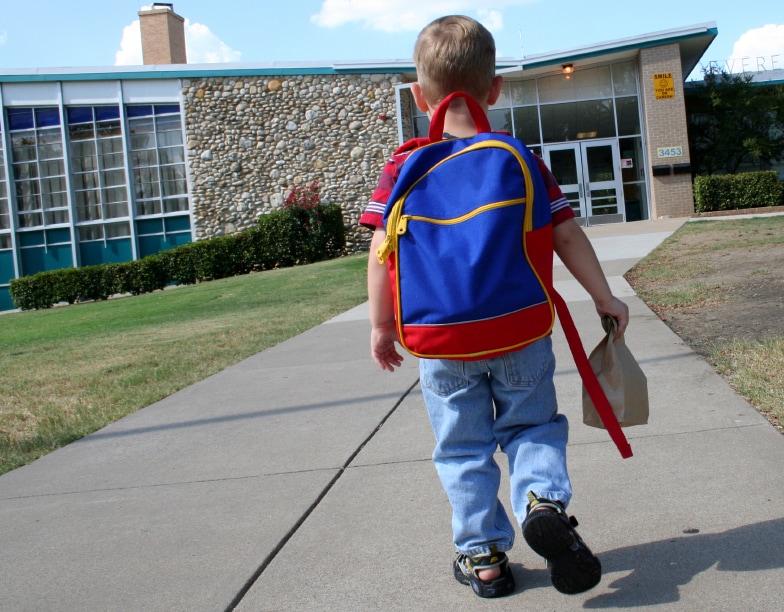Kindergarten interviews are commonplace. Their goal is to assess your child’s kindergarten readiness skills. It’s understandable that you — as the child’s parent, guardian, babysitter, or nanny — may be nervous about this meeting, but it’s important not to transmit any feelings of anxiety you might have to your child.
The Interview
Schools have varying approaches to this meeting. They’re usually short, lasting from 20-to-30 minutes. Often, the child’s parent, guardian, or child care provider isn’t present for most of the meeting — if at all. Instead, the is dedicated to having the child meet one-on-one with reason a school administrator, counselor, or teacher.
During the interview, your child may be asked to perform developmental tasks, such as putting the pieces into a puzzle, or holding a book right-side up. Your child will also engage in a conversation, which may center upon their likes and dislikes, feelings about going to school, and their interests.
The Skills Being Assessed
There’s no reason to have your child cram in advance. They won’t be grilled for right or wrong answers, or current knowledge base. Rather, the interviewer will be determining their developmental readiness, and ability to learn at an age appropriate level. Specifically, the interview will be assessing their communication, academics, and self-care skills. For that reason, your child’s ability to listen, and follow instructions, are an important part of this interview.
In addition to those skills, the interviewer may also assess your child’s:
- Cognitive Skills: This includes being able to identify and classify objects, body parts, and colors. Your child may also be asked if they can write their own name, count up to five or 10, and place items in a logical sequence.
- Fine and Gross Motor Skills: This includes running, hopping, jumping, tracing pictures, and cutting with safe scissors.
- Self-Care Skills: This includes complete potty training, hand-washing, their ability to tie their own shoes, and to button or zip up their jacket.
- Written and Oral Language Skills: This includes being able to speak in complete sentences, following directions with several steps, rhyming words, and answering basic questions about themselves.
The Ultimate Goal
It’s important to remember that this is not a pass/fail situation. The goal of the interview is to match the school to the child. Even if you have your heart set on a certain school, keep an open mind and ask lots of questions. The best school is the one that’s right for your child — not the one that’s right for your neighbor’s kid, or best friend’s nephew.
If your child doesn’t get accepted to the school you were hoping for, don’t let your disappointment show. There are lots of great schools out there — just trust that they will end up right where they should be.
Read the whole “Kindergarten 101” series:
2) What to Look for in a Well-Run Kindergarten Class
3) The Kindergarten Application Process
4) How to Help Your Child Ace Their Kindergarten Interview






